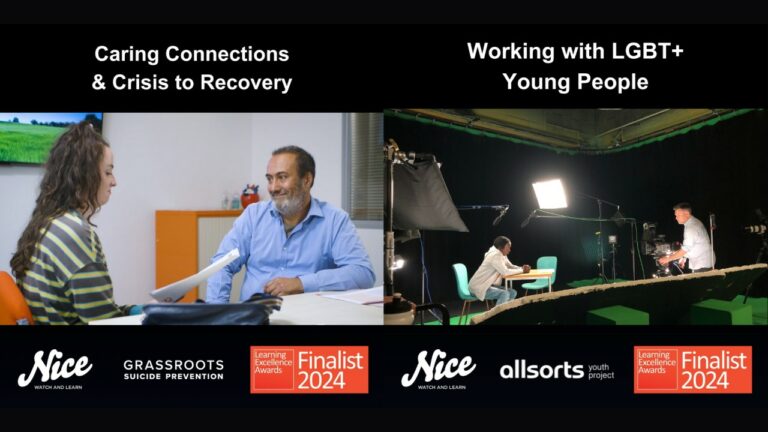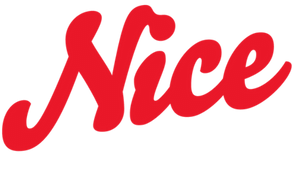It is inevitable that a market for technology projects the impression that technology is leading us rather than the other way around. The People versus Technology – that’s a dramatic way of putting it. We wrote a little story on the theme – a series of tweets about Brian the L&D manager’s battle with A.I. A conflict that got personal pretty quickly.
The People versus Technology is nevertheless a serious theme that was, indeed addressed at LT – Thimon de Jong’s keynote tackled exactly this. As technology advances and our privacy is eroded, do we stand up against it, or let it strip us of all dignity? Needless to say, it’s somewhere in the middle, and helping us decide where is what he’s all about.
De Jong surprised me when he revealed that you can go to the website https://www.crystalknows.com/ tap in someone’s details and get a personality report based on their online activity that’s supposedly 95% accurate. What’s more, this technology is becoming available as a plug-in to Linked in, meaning we’ll be able to see such information the moment we look anyone up! Is this a good thing? The People versus Technology.
McKinsey have taken this idea further with their affinity algorithm. The software built upon it recognises people dialling into a call centre, profiles them, and automatically pairs the caller with an operator with a similar personality profile. It improves customer relations and ultimately saves money, but it is a good thing? Hopefully.
I’ve encountered AI frustratingly in my Netflix account, which, as de Jong explained, doesn’t offer me a logical array of their shows, but a set of suggestions based on my previous choices. Something I find so exceedingly frustrating that I now go off searching for things I don’t actually like just so I can get the AI to show me a wider selection of titles. Tom versus Technology
The bedroom is another battleground for this conflict. I wasn’t surprised to learn that once you get a smartphone into the marital boudoir the quantity and quality of sex reduces. Apparently, most us have a relationship to our devices that is biologically identical to an addiction. To put it less scientifically – we’re addicted to our phones at the expense of our relationships! The People versus Technology.
All this comes down to what he calls an intention-behaviour gap. Everyone wants online services for free but we don’t like to acknowledge that the price is having our personal data harvested and used to sell us stuff.
We are in a huge and long term trust transition. There’s so much data bombarding us no one knows who or what to trust any more. The information filters we developed in the savanna are not fit for the modern age. We are moving our trust away from organisations and towards individuals. So, it’s the rise of information technology that’s responsible for the emergence of the celebrity culture! Trump plays this trend brilliantly. His simple strategy is to make everything personal, and it worked. People wanted to trust him.
In another fascinating presentation, Owen Ashby of Cognisco spoke of unconscious incompetence. His research showed that competence declines as confidence grows in most people. This can result in big mistakes when, for example, a junior medic, more competent but less confident than two senior colleagues, was too timid to speak up against them in an operating theatre, leading to an unnecessary death. Mechanistic procedures and processes designed to mitigate such risks are immune to such social and cultural influences. They are essentially tick box solutions that take no account of psychology. This isn’t about man versus machine, but it is about unforeseen negative outcomes from something designed to make things better. Going forward, the processes and the culture must become more human-centred. Scenario-based training is one of the best solutions.
So, the future challenges are all about our humanity and our trust issues. We’ve got a lot to work on!
Excuse me a moment, my computer just spoke to me. “Hi, how can I help?” it asks. “I’d like world peace and for everyone to love each other. Can you fix it?”







